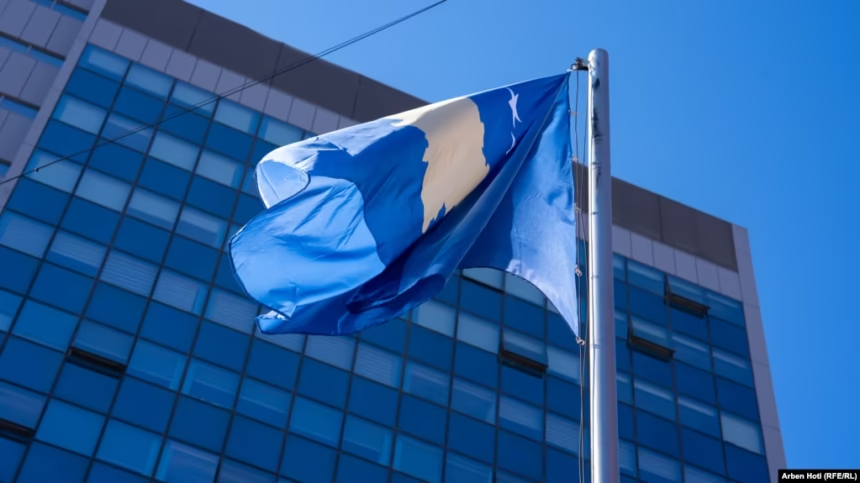The acting Government of Kosovo has dismissed the annual press freedom report by Reporters Without Borders, stating on Friday that Kosovo does not suffer from a lack of press freedom but rather from a decline in media standards.
Kosovo experienced its sharpest drop in 15 years in the annual World Press Freedom Index, ranking 99th out of 180 countries.
In a statement to Radio Free Europe, Government spokesperson Përparim Kryeziu said the report does not reflect the reality in Kosovo.
“What we have seen over the years is a decline in media standards. When this decline is met with reactions—both from citizens and institutions targeted by unprofessional reporting—these responses are labeled as attacks and threats, which are then included in international reports like the one from Reporters Without Borders,” Kryeziu stated.
This marks the second consecutive year that Kosovo has fallen in the rankings, after dropping from 56th place in 2023 to 75th in 2024.
Kryeziu insisted, “Kosovo cannot possibly rank worse than Serbia, and in fact, it enjoys significantly more media freedom both in the region and beyond.”
However, the Reporters Without Borders report, released on the eve of World Press Freedom Day, ranks Kosovo the lowest among Western Balkan and EU countries.
The Association of Journalists of Kosovo (AGK) said it is “alarmed by the latest sharp drop” in the rankings, describing it as the lowest position in a decade, dating back to 2015. They blame it on “an ongoing, hostile policy led by the Vetëvendosje government over the past two years.”
The report highlighted that media in Kosovo, Slovakia, Bosnia and Herzegovina, and Serbia are facing an existential crisis due to budget cuts and political control.
Last summer, despite widespread criticism, Kosovo’s Parliament passed a law concerning the Independent Media Commission (IMC), which included provisions for licensing online media, monitoring them, and issuing fines of up to €40,000.
This week, Kosovo’s Constitutional Court struck down that law, ruling that several of its provisions were unconstitutional.
Reporters Without Borders had previously criticized the now-invalidated law as contradictory and as a threat to the IMC’s independence.
Earlier this year, the ruling Vetëvendosje party was also criticized for boycotting certain media outlets. In January, both local and international NGOs urged Vetëvendosje to stop excluding specific media from its communications.
Vetëvendosje claimed it was not a boycott but a “selective exclusion” of three specific channels, arguing that the move did not harm Kosovo’s “rich and diverse media landscape.”
Although it didn’t name them directly, media organizations said the excluded outlets were among Kosovo’s major stations: Klan Kosova, TV Dukagjini, and T7.
According to the Reporters Without Borders report:
“Ahead of the general elections, several private media outlets were boycotted by the Government, which also threatened the independence of the public broadcaster RTK. Serbian-language media, already under pressure from Serbian political forces, complained of discrimination, particularly regarding access to public information in their language.”
In 2024 alone, the Association of Journalists of Kosovo recorded 24 cases of threats and attacks against journalists. In 2023, the number was higher—53 incidents.
Reporters Without Borders also stated that journalists are often the targets of insults and fake news on social media, and are “falsely accused of ‘collaborating with the enemy’—a narrative pushed by political and religious groups.”







